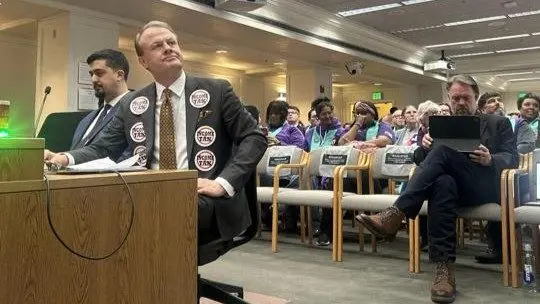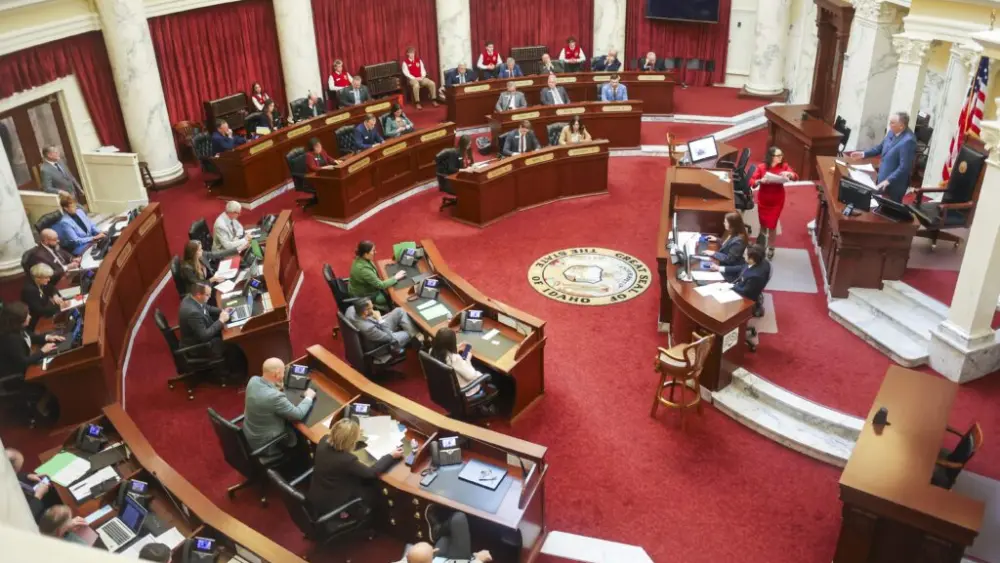BOISE, ID – Idaho lawmakers passed legislation this year making it illegal to require vaccines and some believe the law could become a model for anti-vaccine policies across the country.
The Idaho Medical Freedom Act passed in April makes it illegal for state and local governments, businesses and schools to require vaccinations or any other “medical intervention,” despite near-total consensus among public health officials and decades of research showing vaccines are effective and save lives.
Audrey Dutton, an Idaho-based reporter for ProPublica, reported on the network of activists who helped write and pass the law, including Leslie Manookian, the founder of the Health Freedom Defense Fund.
“The Health Freedom Defense Fund created a toolkit for activists in other states to talk with their legislators,” Dutton explained. “It’s got talking points and Leslie’s goal is to get this law that she created out into other states.”
Dutton noted the law does not change much for Idaho, where it was already easy to bypass vaccines mandates but Idaho’s law has gained widespread recognition, including from U.S. Health and Human Services Secretary Robert F. Kennedy Jr., who visited Manookian in Idaho last summer and called the state “the home of medical freedom.”
A Louisiana lawmaker introduced the Louisiana Medical Freedom Act on the day the Idaho Medical Freedom Act was signed into law.
Dutton also spoke with Mary Holland, head of the Children’s Health Defense Fund, which Kennedy chaired before joining the Trump administration.
“She said, ‘Well, parents in California and New York have had to create these private associations where they can educate their children without having to have vaccines,” Dutton reported. “‘They could certainly do that in Idaho, too, but do it for parents who want their child to be in a school that has vaccines.'”
However, Dutton noted parents could not technically create a school which legally requires vaccines because it would be illegal under the Idaho Medical Freedom Act.
She added the debate over vaccines has raised interesting philosophical questions, including the freedom to choose which medical treatments you get.
“That’s where the divisions lie, between you get to choose what happens to your body,” Dutton observed. “Does it affect other people, though? I think that’s just so fascinating, and I hope that people around the country are thinking about that.”





